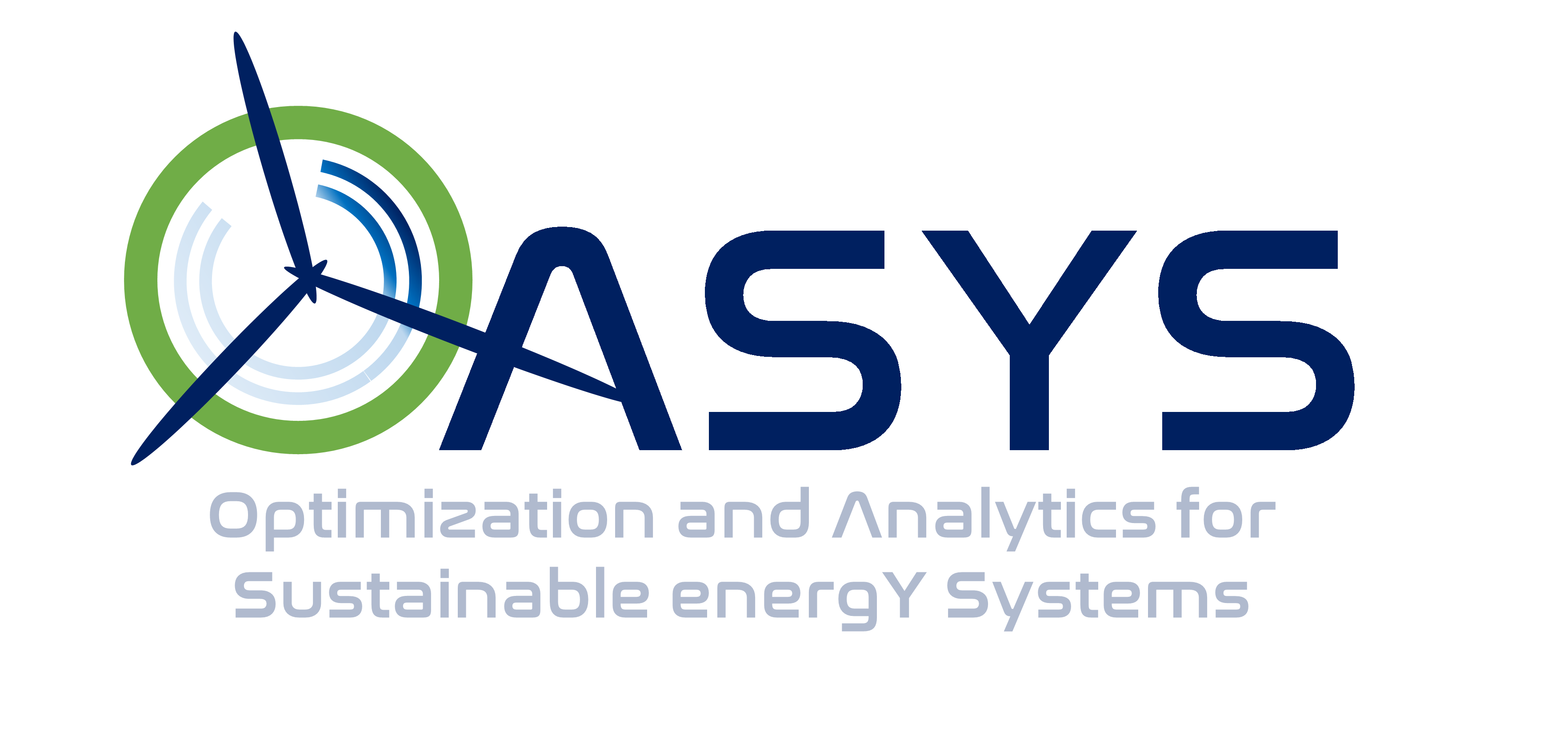Prescribing Net Demand for Two-stage Electricity Generation Scheduling¶
This is a summary of the work that can be found in [1]. Open Access pdf is available at [2].
Abstract¶
We consider a two-stage generation scheduling problem comprising a forward dispatch and a real-time re-dispatch. The former must be conducted facing an uncertain net demand that includes non-dispatchable electricity consumption and renewable power generation. The latter copes with the plausible deviations with respect to the forward schedule by making use of balancing power during the actual operation of the system. Standard industry practice deals with the uncertain net demand in the forward stage by replacing it with a good estimate of its conditional expectation (usually referred to as a point forecast), so as to minimize the need for balancing power in real time. However, it is well known that the cost structure of a power system is highly asymmetric and dependent on its operating point, with the result that minimizing the amount of power imbalances is not necessarily aligned with minimizing operating costs. In this paper, we propose a bilevel program to construct, from the available historical data, a prescription of the net demand that does account for the power system’s cost asymmetry. Furthermore, to accommodate the strong dependence of this cost on the power system’s operating point, we use clustering to tailor the proposed prescription to the foreseen net-demand regime. By way of an illustrative example and a more realistic case study based on the European power system, we show that our approach leads to substantial cost savings compared to the customary way of doing. Keywords: Smart predict; Net demand prescription; Two-stage power generation scheduling; Data-driven optimization
Citation¶
If you would like to cite this work, please use the following citation:
J.M. Morales, M.A. Muñoz and S. Pineda, Prescribing net demand for two-stage electricity generation scheduling, Operations Research Perspectives, vol. 10, pp. 100268, 2023.
Alternatively, you could use this bibtex entry:
@article{MORALES2023100268,
title={Prescribing net demand for two-stage electricity generation scheduling},
author={J.M. Morales and M.A. Muñoz and S. Pineda},
journal={Operations Research Perspectives},
volume={10},
number={n/a},
pages={100268},
year={2023},
publisher={Elsevier}
}
